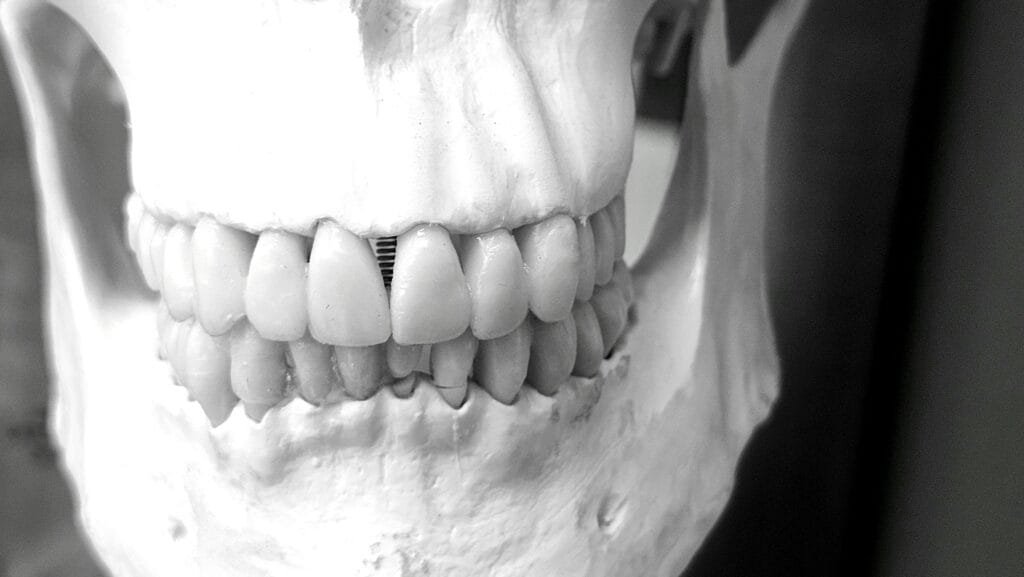Introduction
Looking to study dentistry in Spain and wondering where to start? Spain offers high-quality, internationally recognized dental education at a lower cost than many other countries in Europe. With excellent universities, hands-on training, and vibrant student life, it’s a top choice for aspiring dentists. Here’s everything you need to know—from top schools to application steps, living costs, and student experiences.
Why Study Dentistry in Spain?
- Affordable tuition and living costs — public universities charge between €1,500 and €3,300 per year, while private institutions typically range from €14,000 to €21,900 annually .
- High educational standards — rich practical training and modern facilities contribute to Spain’s reputable dental programs (.
- International recognition — Spanish dentistry degrees, structured under the Bologna framework, are recognized across the EU and beyond .
- Programs in English — universities like UCAM and CEU San Pablo offer dentistry degrees fully or partially taught in English.
Top Universities in Spain for Dentistry
Public Institutions
- University of Barcelona — 5‑year dental degree blending theory with clinical practice, though only a small portion is taught in English.
- Complutense University of Madrid — ranked among the top dental schools globally; renowned for clinical and research training.
- University of Valencia, University of Granada, and others — recognized for combining strong theory with real patient experience.
Private Institutions with English Programs
- Universidad Católica San Antonio de Murcia (UCAM) — dentistry in English, approx. €14,550/year.
- Universidad CEU San Pablo — higher tuition (€21,300/year), but offers strong academics and bilingual instruction.
- Universidad Europea (Valencia, Madrid) — €21,900/year, includes early hands-on clinical training and modern facilities.
- Universidad Católica de Valencia (UCV) — English-taught program with clinical training from the third year, modern clinic access, and high student support.
Entry Requirements & Application Process
Academic and Language Requirements
- Strong high school grades, especially in Biology and Chemistry — GPA or equivalent top marks; private universities may accept slightly lower scores (e.g., 7/10).
- Language proficiency — Spanish-taught courses usually require DELE B2/C1; English programs often require IELTS ≥6.0–6.5 or TOEFL equivalent/
Entrance Exams & Selection
- Public universities use national exams like PCE/EBAU; acceptance is highly competitive with limited seats (around 760 yearly).
- Private universities may require interviews, psycho-technical tests, or assess academic records and motivation letters instead of exams.
Required Application Documents
- High school transcripts and diploma
- Language certificates (DELE, IELTS, TOEFL)
- Passport and ID
- Motivation letter (and possibly CV, recommendation letters)
- For non-EU students: visa-compliant health insurance, proof of funds, criminal record check .
What to Expect in Your Dental Studies
- Program length: 5 years — includes theory, pre-clinical labs, and extensive clinical training .
- Hands-on Clinical Experience — e.g., UAX offers 200 preclinical hours and 1,000 clinical hours under supervision .
- Well-equipped facilities — many universities provide modern dental labs, anatomy labs, clinics, and advanced imaging tools
Living in Spain as a Dental Student
Cost of Living
- Estimated monthly expenses: €800–€1,200 (accommodation, food, transport, utilities) .
- Valencia, Granada, and Salamanca are notably more affordable than Barcelona or Madrid .
- Many international students work part‑time (up to 20 hours/week) to offset costs.
Healthcare and Visa Essentials
- Private health insurance is mandatory for non-EU students and must cover full medical care and emergency services with no deductibles.
Reality Check: Beyond Graduation
- EU graduates typically have their degrees recognized across Europe.
- Non-EU graduates can face lengthy and subjective homologation processes to practice — sometimes taking years.
- The job market is competitive but lucrative in major cities — skilled dentists may earn €5,000–€7,000/month, though language fluency is essential.
FAQs: Quick Answers
- Can I study in English? Yes — several reputable programs are available fully or partly in English. Spanish proficiency helps in clinical training.
- Is a Spanish dental degree recognized elsewhere? Yes across the EU; outside, additional steps or exams may be required.
- Can I work while studying? Yes, with restrictions (20 hours/week), available especially in affordable university cities.
Final ThoughtsStudying dentistry in Spain offers a well-rounded journey — combining strong academics, valuable clinical exposure, cultural richness, and cost-effectiveness. Whether you’re drawn to public institutions for their affordability or private English-language programs for flexibility, Spain has excellent options. Keep your goals clear, prepare ahead, and immerse yourself in one of Europe’s most exciting study destinations.
